Cold sore virus 'could lead to Alzheimer's disease'
'We can't ignore the evidence,' say scientists who claim dementia is linked to microbes in the brain
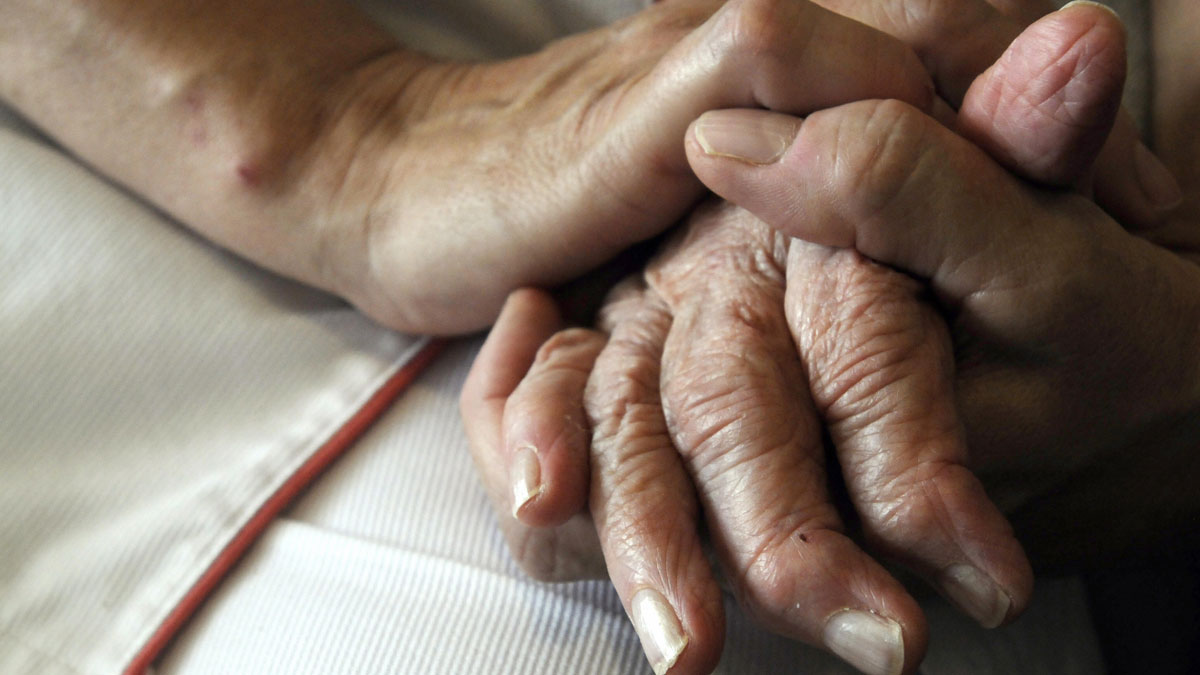
A free daily email with the biggest news stories of the day – and the best features from TheWeek.com
You are now subscribed
Your newsletter sign-up was successful
A panel of dementia experts has called for further investigation into a potential link between Alzheimer's disease and viruses such as herpes and the chlamydia bacteria.
In an editorial for the Journal of Alzheimer's Disease, 31 leading scientists and doctors accused the scientific establishment of overlooking evidence that dementia is linked to microbes in the brain.
Microbes from the herpes virus, which causes cold sores, and chlamydia bacteria are found at higher rates in the brains of Alzheimer's sufferers, they claim.
The Week
Escape your echo chamber. Get the facts behind the news, plus analysis from multiple perspectives.

Sign up for The Week's Free Newsletters
From our morning news briefing to a weekly Good News Newsletter, get the best of The Week delivered directly to your inbox.
From our morning news briefing to a weekly Good News Newsletter, get the best of The Week delivered directly to your inbox.
Citing past cases where viral and bacterial microbes have caused dementia-like symptoms, the editorial argues that pathogens from infectious diseases could lie dormant in the brain for years before triggering the onset of Alzheimer's.
"These agents can undergo reactivation in the brain during ageing, as the immune system declines, and during different types of stress," the panel wrote.
Focusing more attention on the possibility of microbes as the answer to the Alzheimer's riddle could open up new treatments and bring science closer to a cure, they argue.
"There is incontrovertible evidence that Alzheimer's disease has a dormant microbial component," Professor Douglas Kell, one of the co-signatories, told the Daily Telegraph. "We can't keep ignoring all of the evidence."
A free daily email with the biggest news stories of the day – and the best features from TheWeek.com
The controversial editorial contradicts the mainstream view that dementia is linked to the build-up of proteins in the brain preventing neurons from communicating.
Professor John Hardy, an expert in neurological disease at University College London, stressed there is currently no convincing proof that infections cause Alzheimer's disease and told The Times the editorial "does not reflect what most researchers think".
Dr James Pickett, the head of research at the Alzheimer's Society, acknowledged that "there do appear to be more [microbes] in the brains of people who have died with Alzheimer's disease". However, he cautioned against making an explicit link without further research and assured the Telegraph that there is "no convincing evidence" that Alzheimer's disease is contagious.
-
 What is the endgame in the DHS shutdown?
What is the endgame in the DHS shutdown?Today’s Big Question Democrats want to rein in ICE’s immigration crackdown
-
 ‘Poor time management isn’t just an inconvenience’
‘Poor time management isn’t just an inconvenience’Instant Opinion Opinion, comment and editorials of the day
-
 Bad Bunny’s Super Bowl: A win for unity
Bad Bunny’s Super Bowl: A win for unityFeature The global superstar's halftime show was a celebration for everyone to enjoy
-
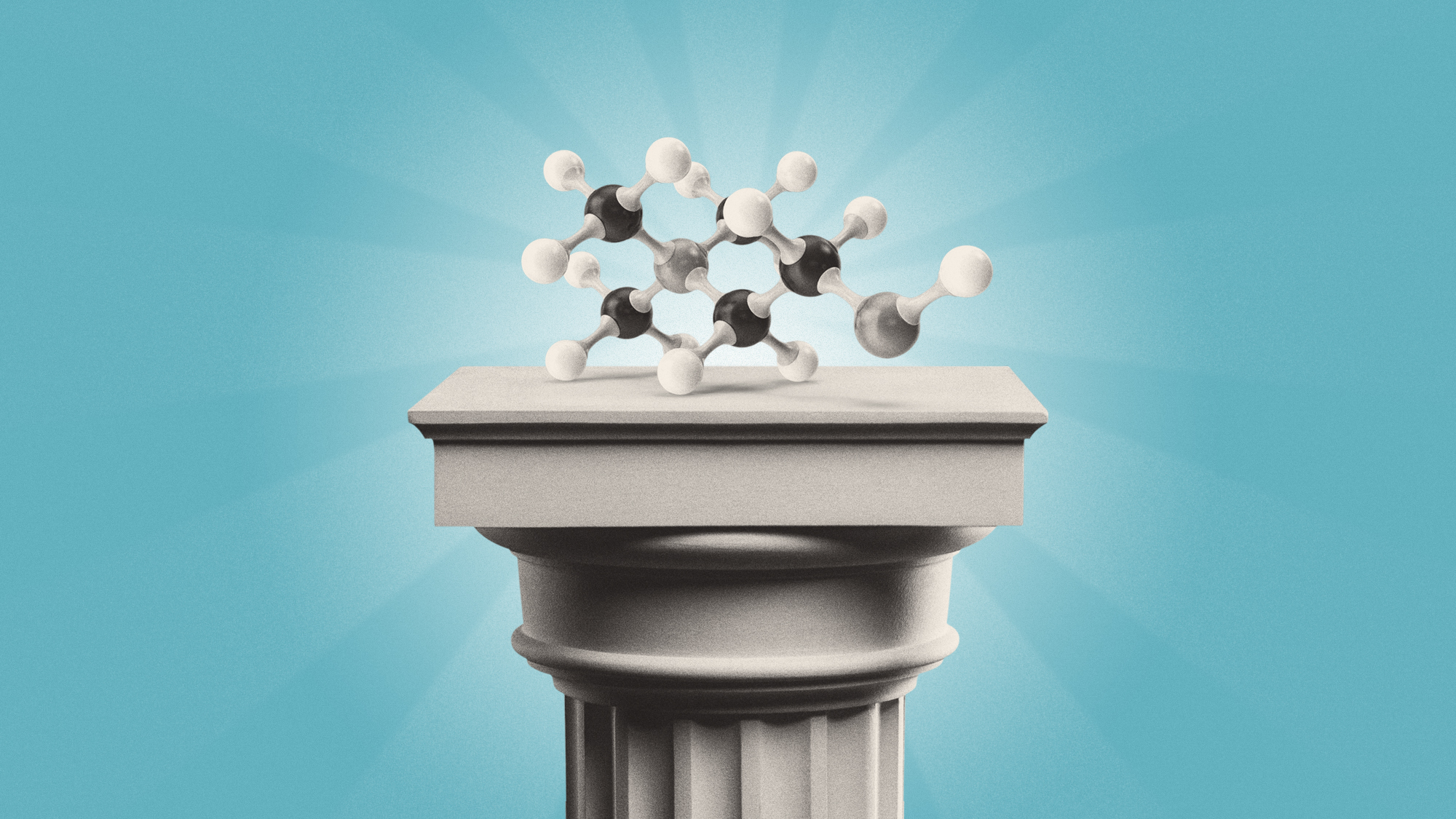 Choline: the ‘under-appreciated’ nutrient
Choline: the ‘under-appreciated’ nutrientThe Explainer Studies link choline levels to accelerated ageing, anxiety, memory function and more
-
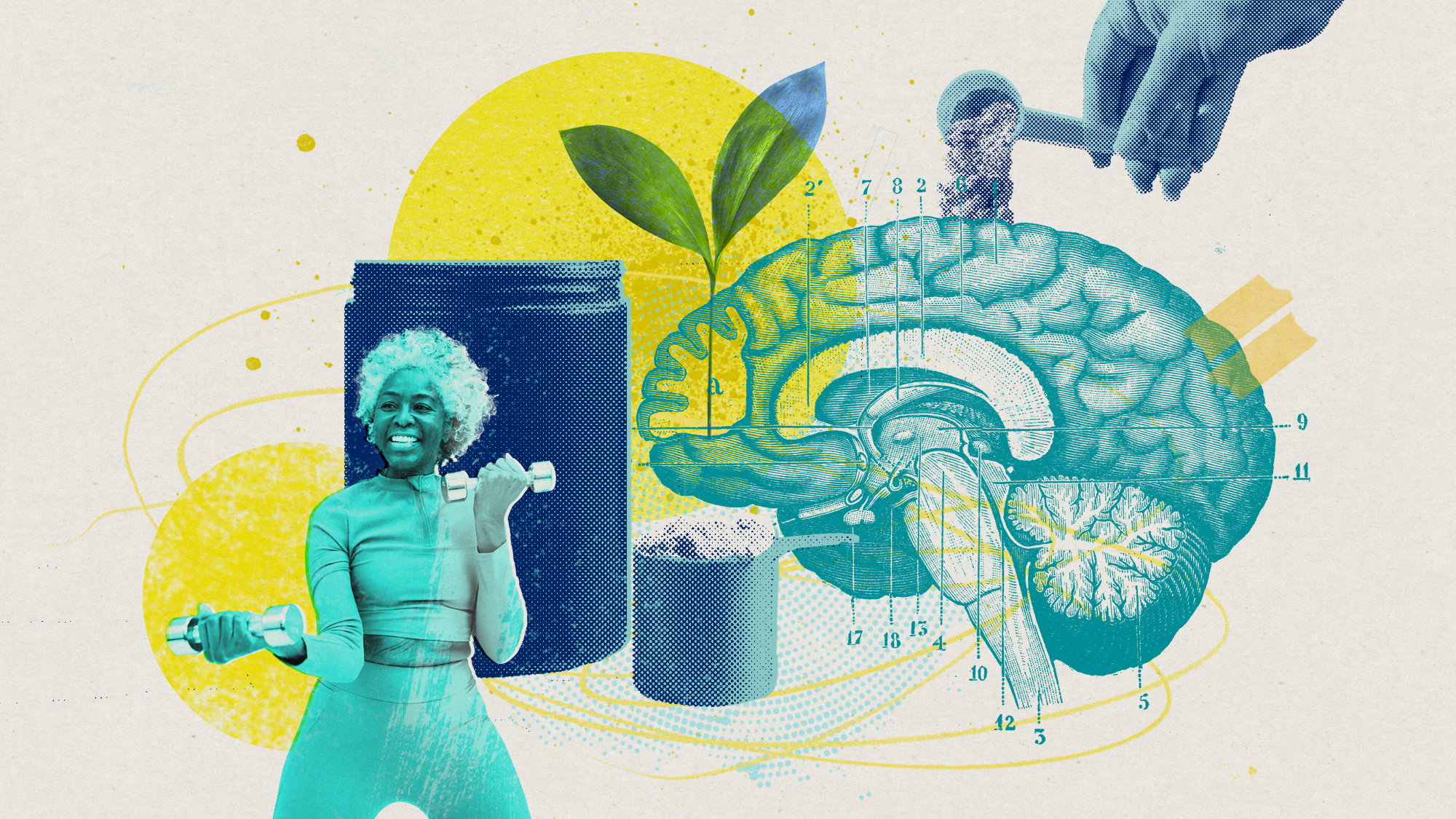 'Wonder drug': the potential health benefits of creatine
'Wonder drug': the potential health benefits of creatineThe Explainer Popular fitness supplement shows promise in easing symptoms of everything from depression to menopause and could even help prevent Alzheimer's
-
 China's soaring dementia rates
China's soaring dementia ratesUnder The Radar Government launches action plan after cases in China increase 50% faster than global average
-
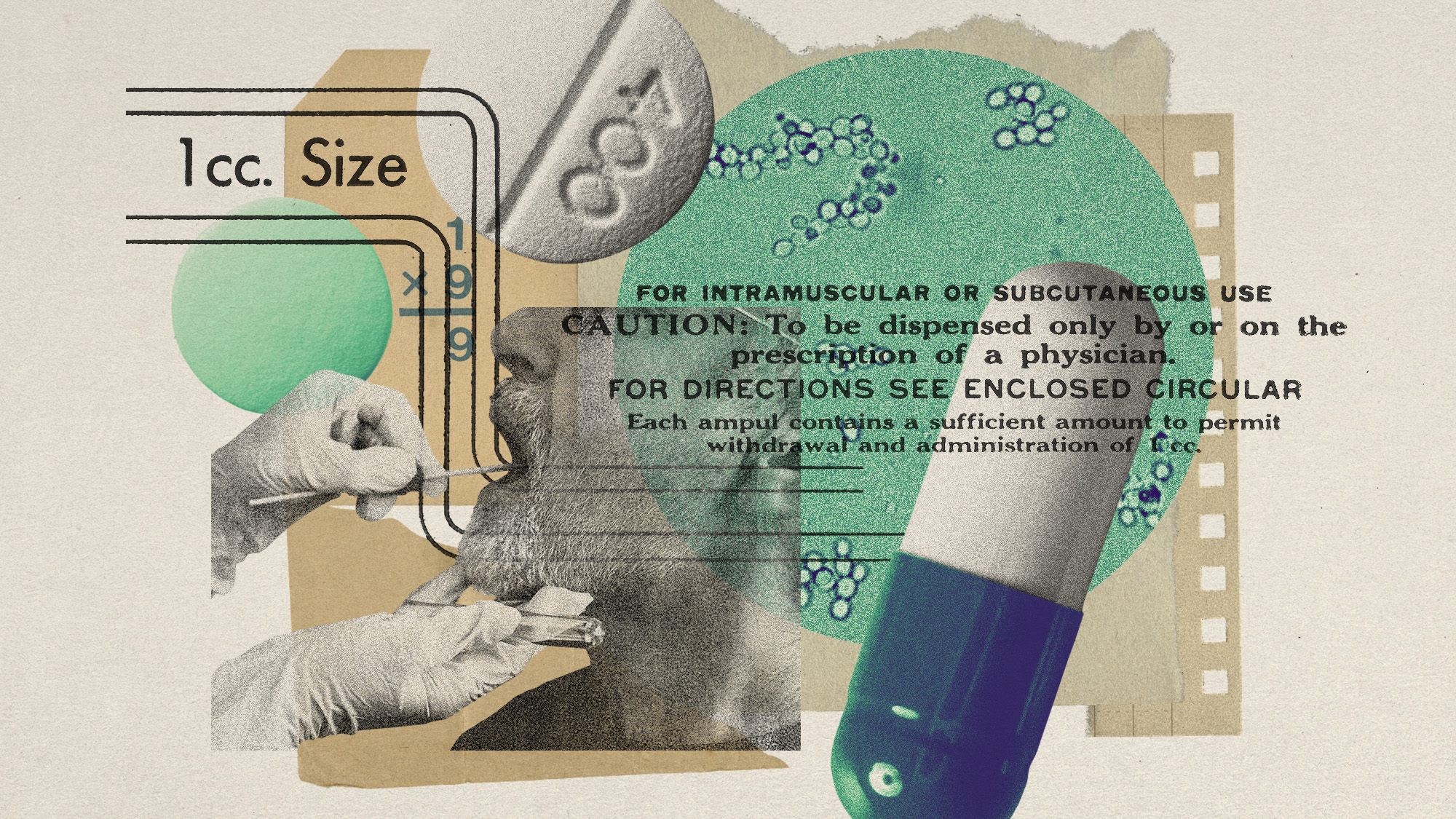 Five medical breakthroughs of 2024
Five medical breakthroughs of 2024The Explainer The year's new discoveries for health conditions that affect millions
-
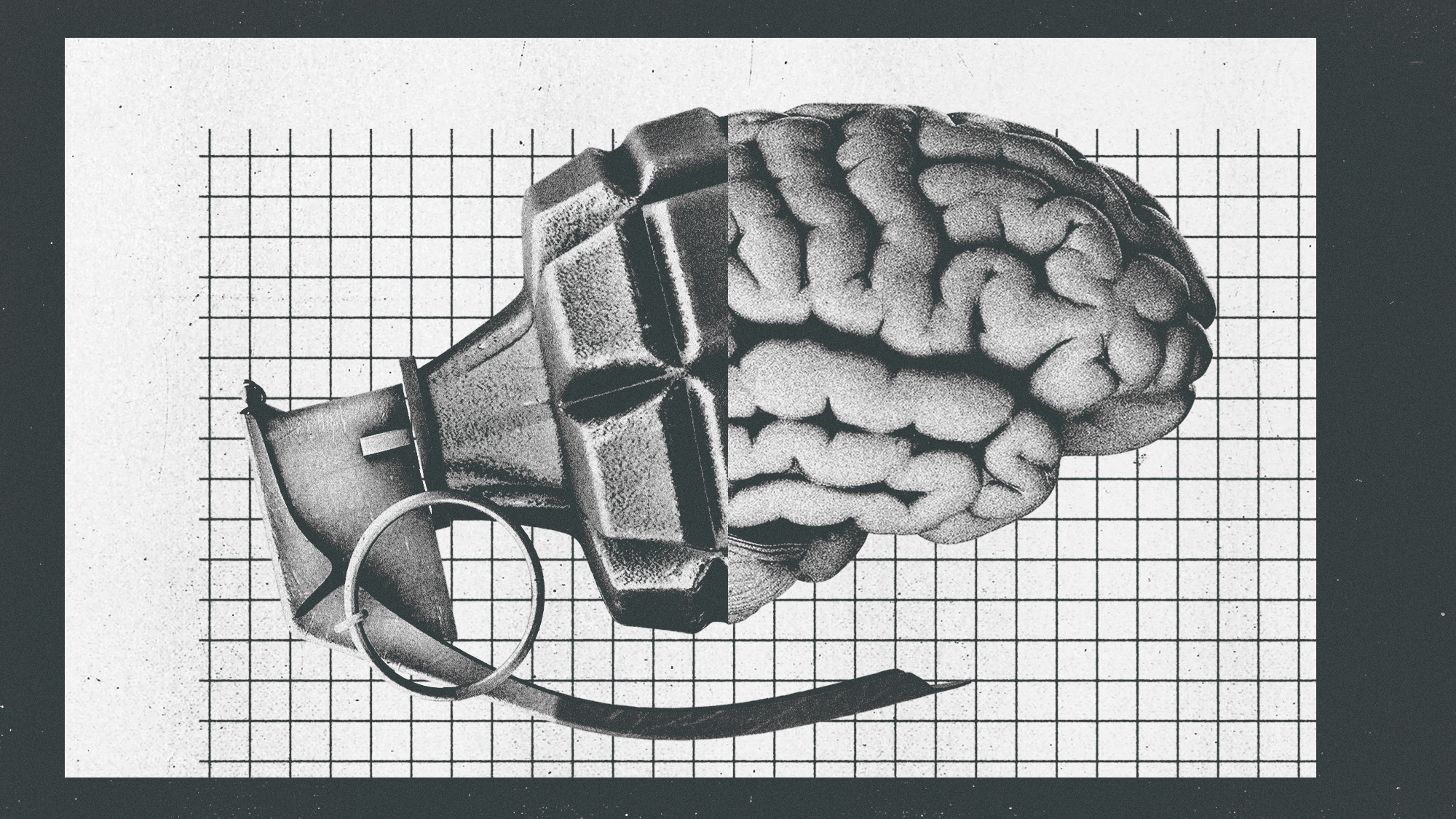 Can dementia be defeated?
Can dementia be defeated?Today's Big Question A new report identifies 14 risk factors
-
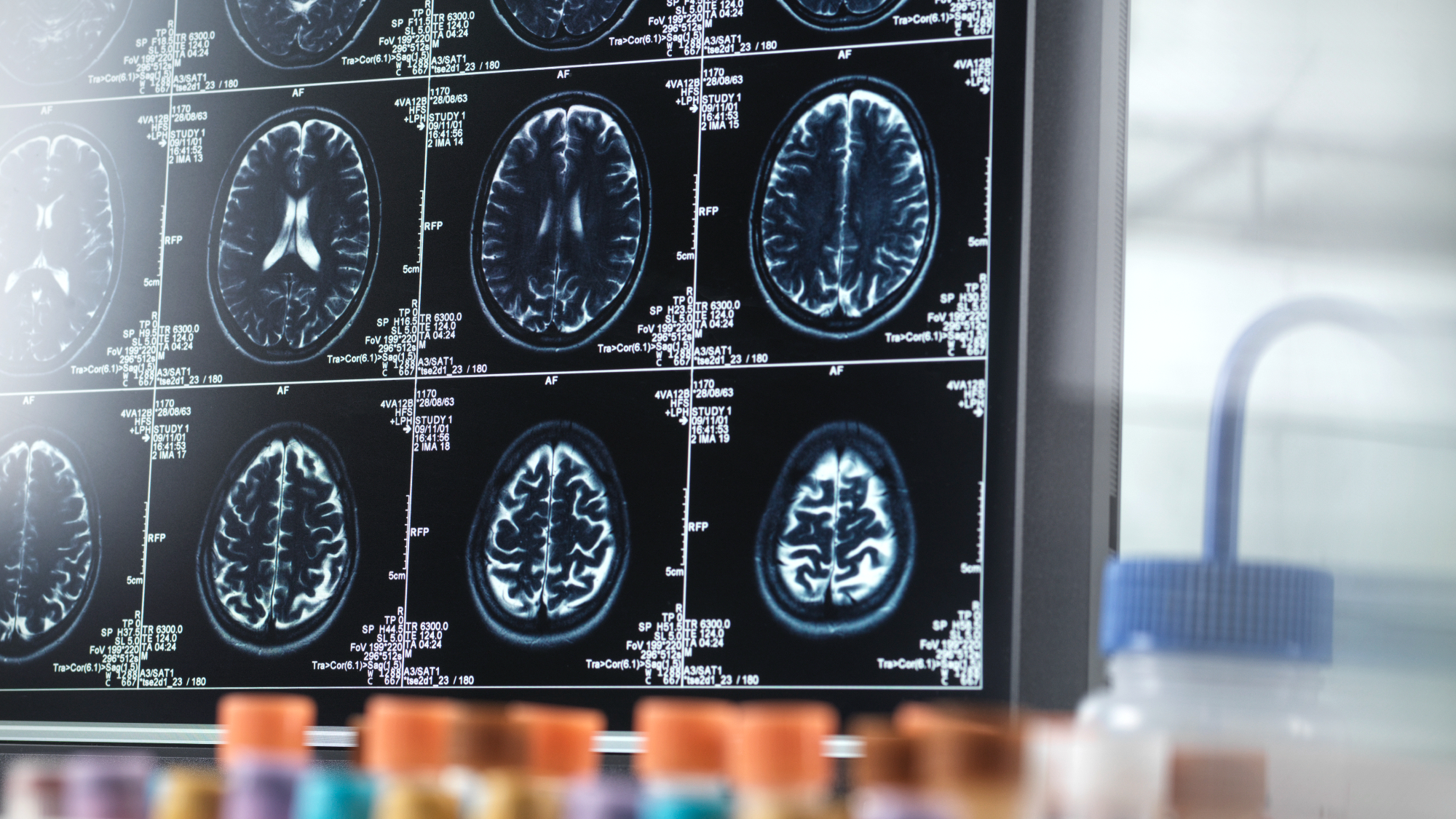 Gene variant shows promise slowing Alzheimer's
Gene variant shows promise slowing Alzheimer'sSpeed Read A rare genetic trait called Christchurch could delay the onset of disease
-
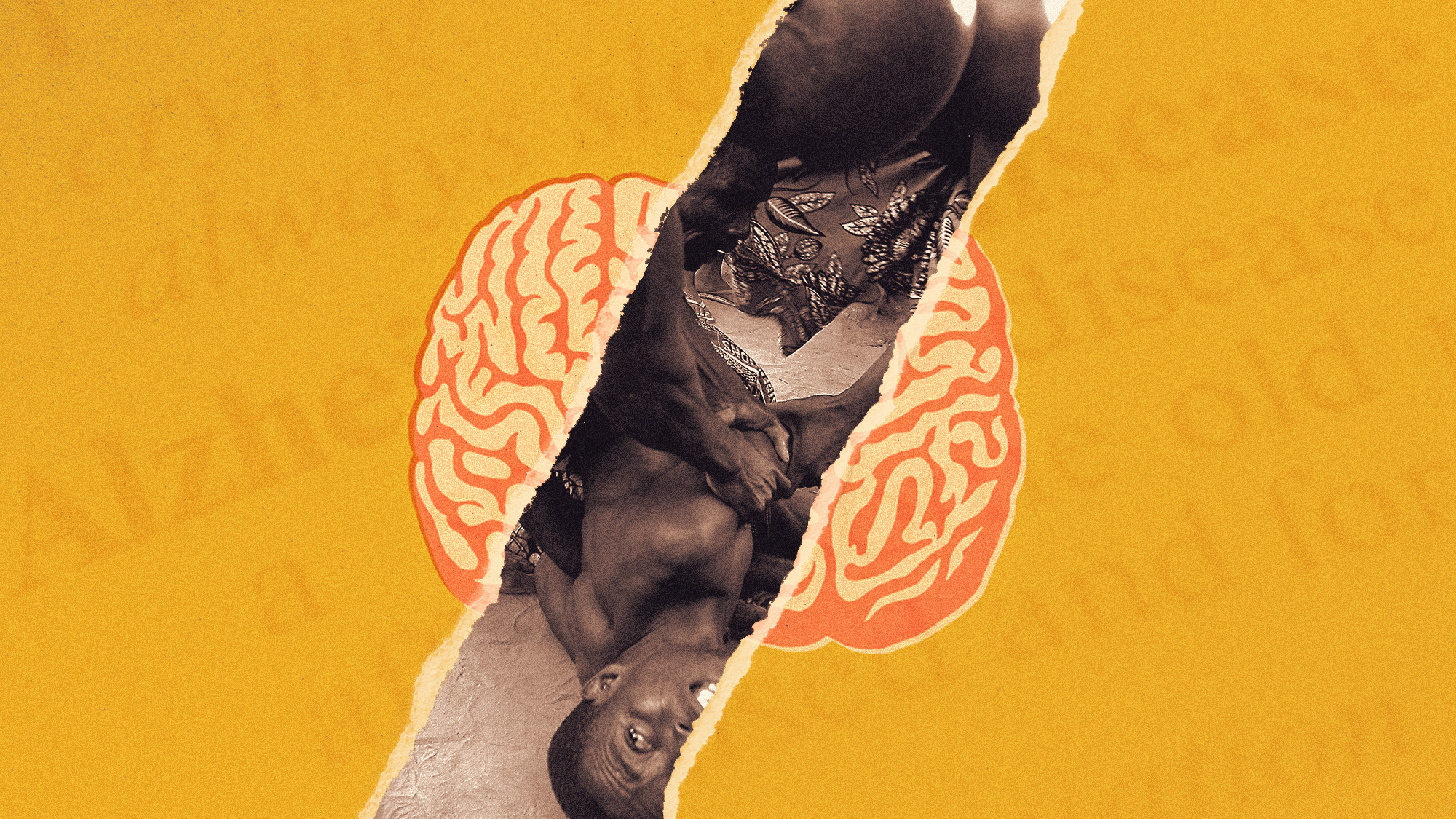 The witchcraft myths haunting Africa's dementia patients
The witchcraft myths haunting Africa's dementia patientsUnder the Radar Lack of awareness of symptoms and shortage of specialists means sufferers are vulnerable to accusations and attacks
-
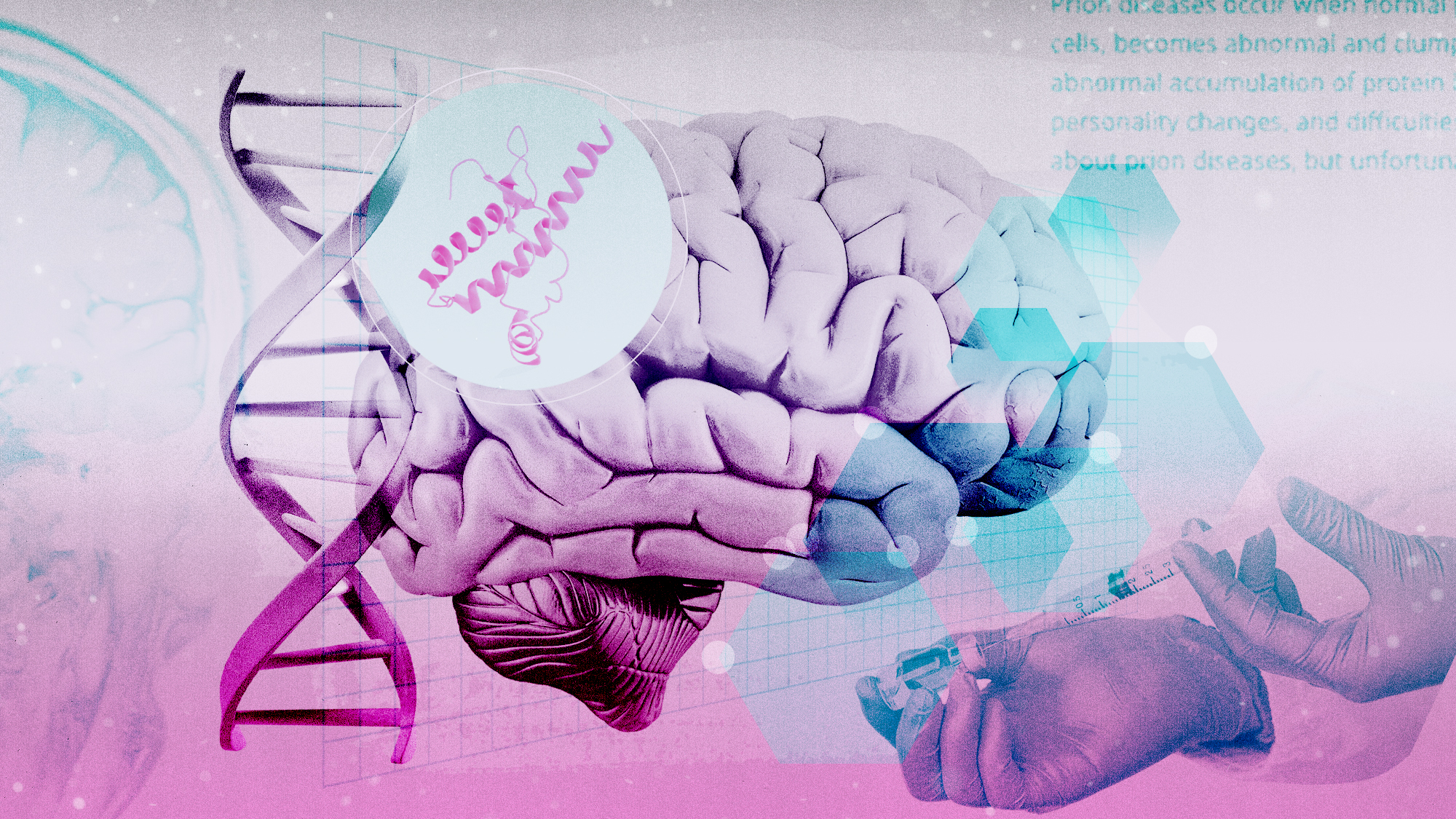 How the transmission of Alzheimer's might be possible
How the transmission of Alzheimer's might be possibleThe Explainer New research links dementia cases to injections of human growth hormone from deceased donors' brains